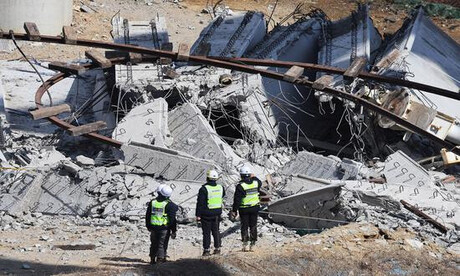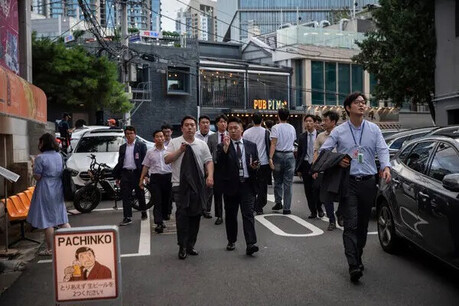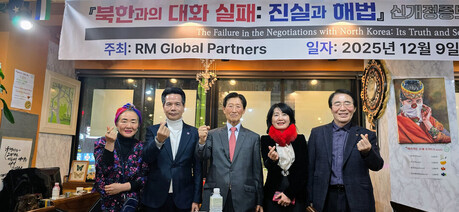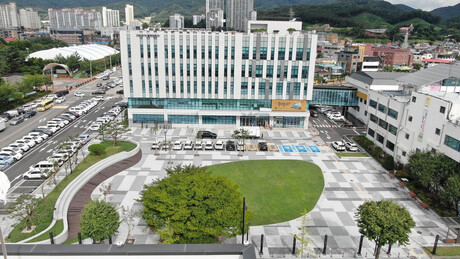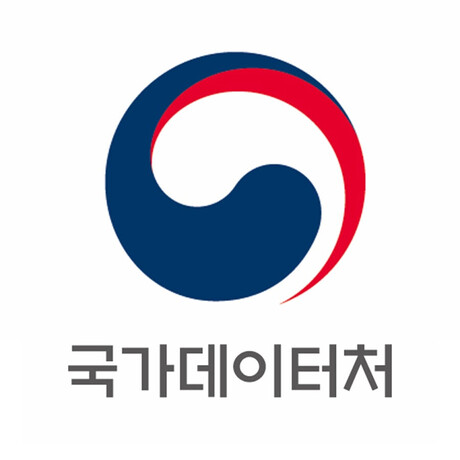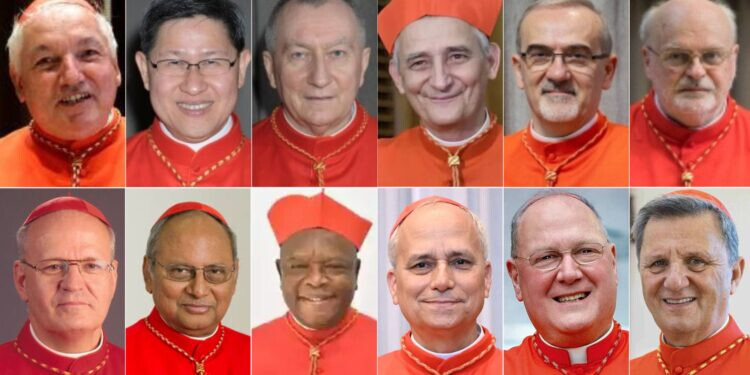
With Pope Francis's declining health, interest in his successor is rapidly intensifying. Following the Pope's passing, the Catholic Church is expected to face a significant divide between progressives and conservatives, a crucial factor in the election of the next Pope. Within the Vatican, there are individuals who have long been considered potential papal candidates, known as "papabili," and it's speculated that a moderate figure among them is likely to be chosen.
Analysis of 12 Prominent Candidates
Cardinal Pietro Parolin (70, Current Secretary of State): Seen as the most likely candidate within the Vatican. His moderate stance, avoiding extremes, could garner broad support. His diplomatic skills have contributed to improving relations with China, and his experience as Apostolic Nuncio to Venezuela provides him with deep insights into Latin America and the Middle East.
Cardinal Matteo Maria Zuppi (69, President of the Italian Episcopal Conference): A key figure in the Italian progressive camp, he shares Pope Francis's deep concern for social outcasts and immigrant issues. He maintains close ties with the lay community of Sant'Egidio.
Cardinal Luis Antonio Tagle (67, Prefect of the Dicastery for Evangelization): Representing the Asian continent, he has held high-ranking positions in the Vatican. Though considered progressive, he holds firm positions on bioethical issues. Hailing from the Philippines, he is seen as having the potential to lead the growth of the Catholic Church in Asia.
Archbishop Jean-Marc Aveline (66, Archbishop of Marseille): His deep understanding of and concern for immigration issues were instrumental in organizing Pope Francis's visit to France. Known for his gentle and cultured demeanor, he has focused on peripheral issues and interfaith dialogue.
Patriarch Pierbattista Pizzaballa (59, Latin Patriarch of Jerusalem): Possessing an international perspective, he advocates for Palestinian residents in the Gaza Strip while maintaining amicable relations with Israeli authorities. His relatively young age is noted as a potential drawback, but an impressive showing at the conclave could elevate him as a strong candidate.
Cardinal Péter Erdő (72, Archbishop of Budapest): A key figure in the European conservative camp, he grew up under communist rule. Highly intellectual, he actively champions conservative values, including strong stances on bioethical issues, upholding priestly celibacy, and opposing same-sex marriage. His close ties with the Hungarian government could be a disadvantage.
Cardinal Anders Arborelius (75, Bishop of Stockholm): Sweden's first cardinal, he converted to Catholicism in a predominantly Protestant Scandinavian country. He firmly upholds church doctrine, particularly opposing women's ordination and blessings for same-sex couples. He aligns with Pope Francis on immigration issues.
Cardinal Mario Grech (68, Secretary General of the Synod of Bishops): As Secretary General of the Synod of Bishops, he has built a broad network through interactions with Catholic Church representatives worldwide. He aims for an open and inclusive church while balancing concerns from the conservative camp.
Cardinal Malcolm Ranjith (77, Archbishop of Colombo): While maintaining a close relationship with Pope Francis, he also upholds the traditional values of Pope Benedict XVI. He has held high-ranking Vatican positions and possesses excellent foreign language skills, enabling communication with the global Catholic Church.
Cardinal Fridolin Ambongo Besungu (65, Archbishop of Kinshasa): Though the likelihood of an African Pope is slim, he is a prominent candidate representing the continent. He is the only African member of the Pope's Council of Cardinals and has expressed opposition to the Vatican's allowance of blessings for same-sex couples.
Cardinal Robert Francis Prevost (69, Prefect of the Dicastery for Bishops): An American who has served as Prefect of the Dicastery for Bishops, assisting the Pope with appointments, and as President of the Latin America Commission. He is well-versed in Vatican affairs and could garner support from the Americas.
Cardinal Timothy Dolan (75, Archbishop of New York): An Irish-American who holds conservative views, including opposition to abortion. He gained attention for publicly opposing the anti-immigration policies of a previous U.S. president. He was also considered a strong candidate during the last papal conclave.
Possibility of a Spanish Pope
In addition to these, other potential candidates include Cardinal Claudio Gugerotti, Prefect of the Dicastery for the Eastern Churches, and Cardinal Joseph Cupich, Archbishop of Chicago. Notably, several Spanish figures are highlighted as potentially increasing the likelihood of a Spanish Pope: Cardinal Ángel Fernández Artime, the former worldwide head of the Salesian religious order; Archbishop Cristóbal López Romero of Rabat, Morocco; and Archbishop Juan José Omella of Barcelona. However, these individuals have expressed skepticism about their chances, revealing the pressure associated with papal candidacy.
Pope Francis's successor will be a crucial figure shaping the future of the Catholic Church. Amidst growing tensions between progressive and conservative factions, the next Pope will bear the significant responsibility of uniting a divided Church and demonstrating leadership relevant to a new era.
[Copyright (c) Global Economic Times. All Rights Reserved.]
















